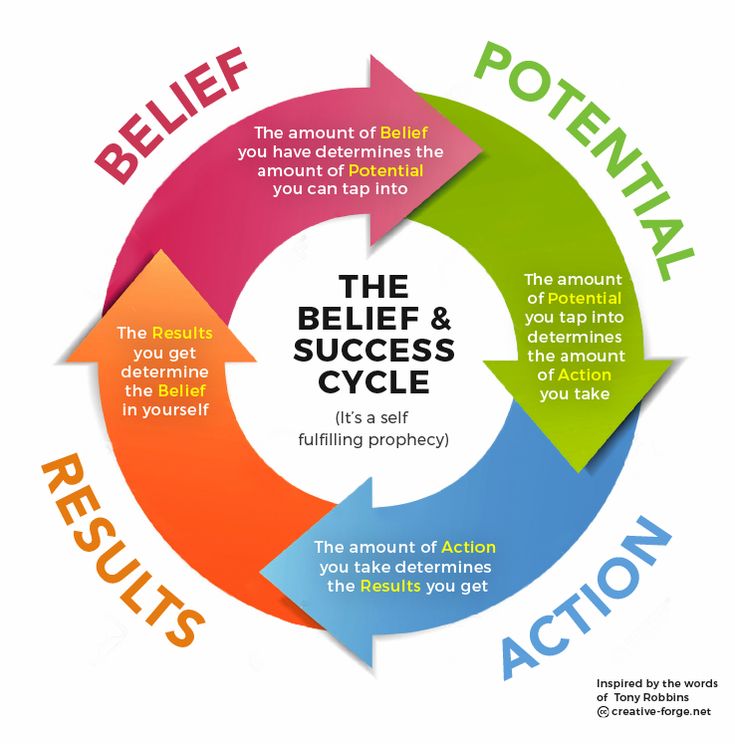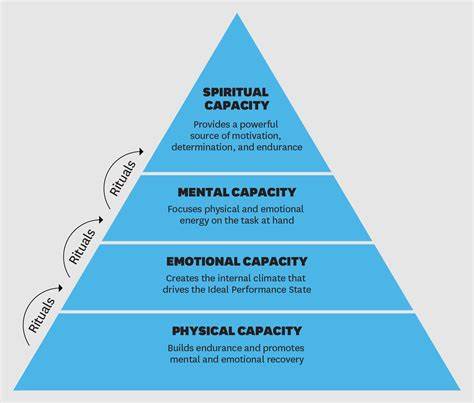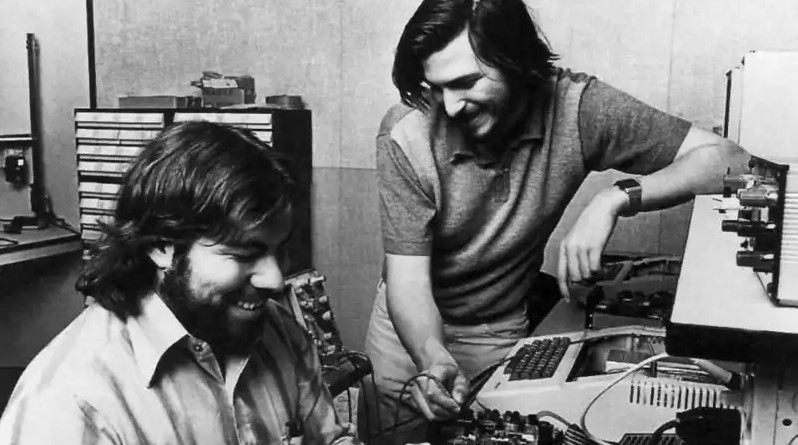
Our Beliefs which Inherently Determine our Success
“Your beliefs become your thoughts, Your thoughts become your words, Your words become your actions, Your actions become your habits, Your habits become your values” Ghandi
Today’s read is designed to encourage an internal audit of your own experience of the above phenomenon and how it may or may not be propelling or harnessing you in what you do.
- What beliefs do you hold that have informed current /expected level of success? Do they warrant a reassessment or any re-alignment?
- What are the ways in which you work? Qualities you pride yourself on typically in a professional and/or personal setting?
- How have these characteristics been informed by your beliefs?
- What actions are you taking to build success and enjoy life? What actions need amending or further initiative?
My answers are (pick out the counterintuitive beliefs I have that I am debunking!)
- Success takes hard work over many years to manifest, is typically achieved doing something you love, requires a level of sacrifice, and should be achieved by…….(example age). Some industries/roles are more enabling of success than others.
- I work thoughtfully at times frantically, manically, but also inquisitively and enthusiastically and creatively.
- These characteristics are somewhat directly related to my beliefs of my expected level/attainment of success
- The actions I take or more so the way in which I take them are shifting, I am slowly learning to sympathise and empathise with my inner self and let go of the impatience/pressure I facilitate, enjoying the process and experiences as they eventuate and viewing a career/life as an emergent process (a culmination of experiences that support self-actualization and success) rather than a cumulative one (one that culminates in an end result only).

In sports, success is often measured by wins, championships, and individual accolades. Athletes work tirelessly to improve their skills and physical fitness, pushing themselves to the limit in pursuit of their goals. Whilst coaches and support staff ride alongside through the storm tirelessly providing support, programs, and guidance. People in sport understand that success is not guaranteed and that it takes hard work, dedication, perseverance, and depending on who you talk to sometimes a little luck to achieve the ultimate successes. Yet we as spectators can sometimes marvel at the common mistakes, lack of perceived physical effort, or ability to compete we sometimes see – not fully grasping in that moment what it is that sets the best apart from others.
Look at the stories of Richmond Football Club (Figure 1 2019 Premiers) in the years of 2017-2020 as an example. They won three premierships with a team of some of the most diverse individuals who had experienced years of challenge and hardship in the league, until gradually their belief cycle changed. This didn’t just occur at an athlete level but an organisational wide level – first with their commercial department, memberships, wider business pursuits, and of course simultaneously the football team. Year on year they began shifting their beliefs, untapping their ‘why’ and began to experience their season, themselves, their physical conditioning, mental capacity, and spirituality as an emergent process – something we as people could see in plain sight that they loved! Each day, each moment was viewed as an enriching learning process and as an experience that helped inform their roadmap for their next battle. Identifying individual strengths, growing self, collective belief and untapping droves of potential both on and off the field, a virtuous cycle of success that continues to this day (Figure 2 High-Performance Pyramid).


In business, success is often measured by financial performance, market share, and brand recognition. Business leaders work tirelessly to develop new products and services, build strong teams, and create a culture of innovation and excellence, whilst those within the business are tasked with bringing the offerings to life and their daily operations. People in business understand and appreciate that success is not just about making money, but also about creating value for their customers, employees, and shareholders. As trade, and business has modernized we have increasingly heard of businesses who bring the most value at the best price (as opposed to simply bringing any value or service!) to their customers.
This has lead to us seeing higher levels of success in traditional performance metrics (profit, brand awareness, market share etc.) Business success can again be brought back to our inherent belief cycles; do our customers/employees believe in the product we offer and why? Do we ourselves believe in it? This is the spiritual capacity or component of a business and takes inspirational and thoughtful leadership to drive and communicate. Consequently, it has a flow on effect to the potential and action we exercise in our physical, emotional and mental domains. i.e. those that are spiritually enthralled in what they do, will exercise far more action in the underpinning domains of physical, emotional and mental arenas and consequently in the results they yield.
We’ve all heard the stories of Steve Jobs and Steve Wozniak (Figure 3), or Bill Gates and Paul Allen who were seemingly boundless in their physical, emotional and mental capacity to innovate and drive successful businesses that would change the world forever.

In life, success is both more simple and more complex as it can subtly or drastically change as we age and grow as humans, as people, and as professionals. Success in life might mean achieving a certain level of financial security, having a happy family, or making a positive impact on the world or all the above! Whatever your goals may be, one of the biggest drivers to your success is your level of belief and self-efficacy. In a study of 274 secondary school teachers, those teachers with higher self-efficacy drovev significantly higher levels of positive affect and work engagement (Schalanova et al., 2011). This explains why simple habits which build self-efficacy like exercise, positive mentors and colleagues, being in nature, practicing gratitude and experiences that govern a level of confidence instil a virtuous gain cycle that result in exponential increase in efficacy and engagement with all that we do over time.
So how do we change our beliefs so we can untap our potential and actions? Well it’s relatively simple:
How to change behaviours = change beliefs = change/new experiences
According to Emotional Intelligence at Work’s, Jeremy Marchant, we have to experience something new and different in relation to a current belief. Be it climbing a mountain that is more pleasurable this time than fearing heights or being told off for climbing it the first time due to danger. A new experience helps create new feelings, emotions and consequent behaviours. How does this work for success in the professional world, in life or other arenas? Sometimes our beliefs can be deep rooted in childhood or experiences from younger years, and we have incorrectly stored or applied these to other areas of our lives. Try and identify what beliefs are holding you back (i.e. that small businesses don’t stand a chance in your sector) and then seek experiences (starting a small business or even partaking in one and getting a few small wins) that are slightly different to these, slowly but surely our emotions and rationalizations change and potential is untapped!
References to review:
The behaviour cycle (no date) emotional intelligence at work. Available at: http://www.emotionalintelligenceatwork.com/resources/behaviour-cycle/ (Accessed: March 13, 2023).
Heslin, P.A. and Turban, D.B. (2016) “Enabling career success as an emergent process,” Organizational Dynamics, 45(3), pp. 155–164. Available at: https://doi.org/10.1016/j.orgdyn.2016.07.001.
Loehr, J & Schwartz, T 2001, ‘The making of a corporate athlete’, Harvard Business Review, vol. 79, no.1, pp. 120–128.
Salanova, M., Llorens, S. and Schaufeli, W.B. (2011) “‘yes, I can, I feel good, and I just do it!’ on gain cycles and spirals of efficacy beliefs, affect, and engagement,” Applied Psychology, 60(2), pp. 255–285. Available at: https://doi.org/10.1111/j.1464-0597.2010.00435.x
Contact Us
Today’s read is designed to encourage an internal audit of your own experience of the above phenomenon and how it may or may not be propelling or harnessing you in what you do.



